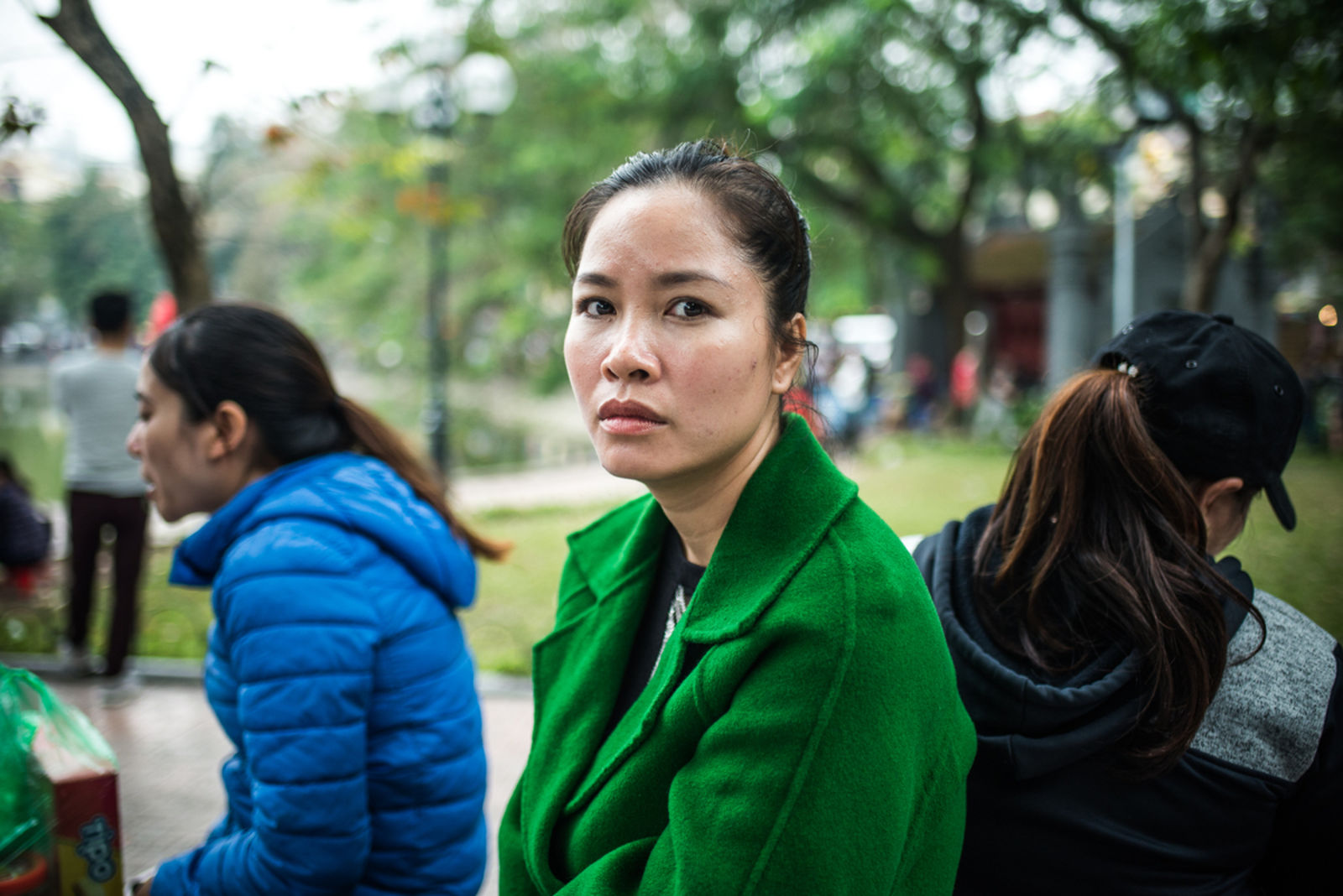The percentage of people over the age of 60 in Vietnam has hit 11.9% of the population and is expected to rise to 25%, or 27 million people, by 2050.
The information was disseminated at The Journey to Age Equality, an inter-generational forum held by the United Nations Population Fund (UNFPA) in Hanoi on Monday. The event featured representatives from different age groups who shared experiences and needs related to aging.
The forum is not Vietnam's first attempt to address issues related to its growing elderly population and their unique demands, including healthcare. In August, the Japan International Cooperation Agency (JICA) and the World Bank held a seminar to impart knowledge on the subject.
The need to remain working in their twilight years constitutes a significant challenge for elderly people, more than 70% of whom lack a pension. Up to 60% of people aged between the ages of 60 and 69, and 30% of people aged from 70 to 79, continue to work, according to the General Statistics Department as quoted by Viet Nam News. The situation is worst in rural areas, with up to 65.7% of elderly people working as farmers with low and unstable incomes.
Limited access to adequate healthcare is another significant issue Vietnam's elderly face. Dr. Le Xuan Cu from Hanoi's University of Labor and Social Affairs explained ti Viet Nam News that 67.2% of elderly people in Vietnam are in weak or very weak states of health, while chronic diseases are prevalent, but the nationwide health care system does not meet everyone's needs.
UNFPA Representative in Vietnam, Naomi Kitahara, explained at the seminar: "Population ageing is not the subject to be ignored in the 2030 Sustainable Development Agenda. Population ageing happens not because of mortality decline, or because people live longer, but because fertility declines. All countries in the world including Vietnam must be prepared for ageing when couples start to have a smaller family. Vietnam must envision a new paradigm that aligns demographic ageing with economic and social growth and ensure social inclusion of the elderly”.
Nguyen Doan Tu, general director of the Ministry of Health’s General Department for Population and Family Planning, sees some worrying similarities between projections for Vietnam and nations such as Japan and South Korea which are struggling with disproportionate populations of elderly people. He says fertility incentives and population movements may be necessary to maintain a proper demographic balance as Vietnam ages.














